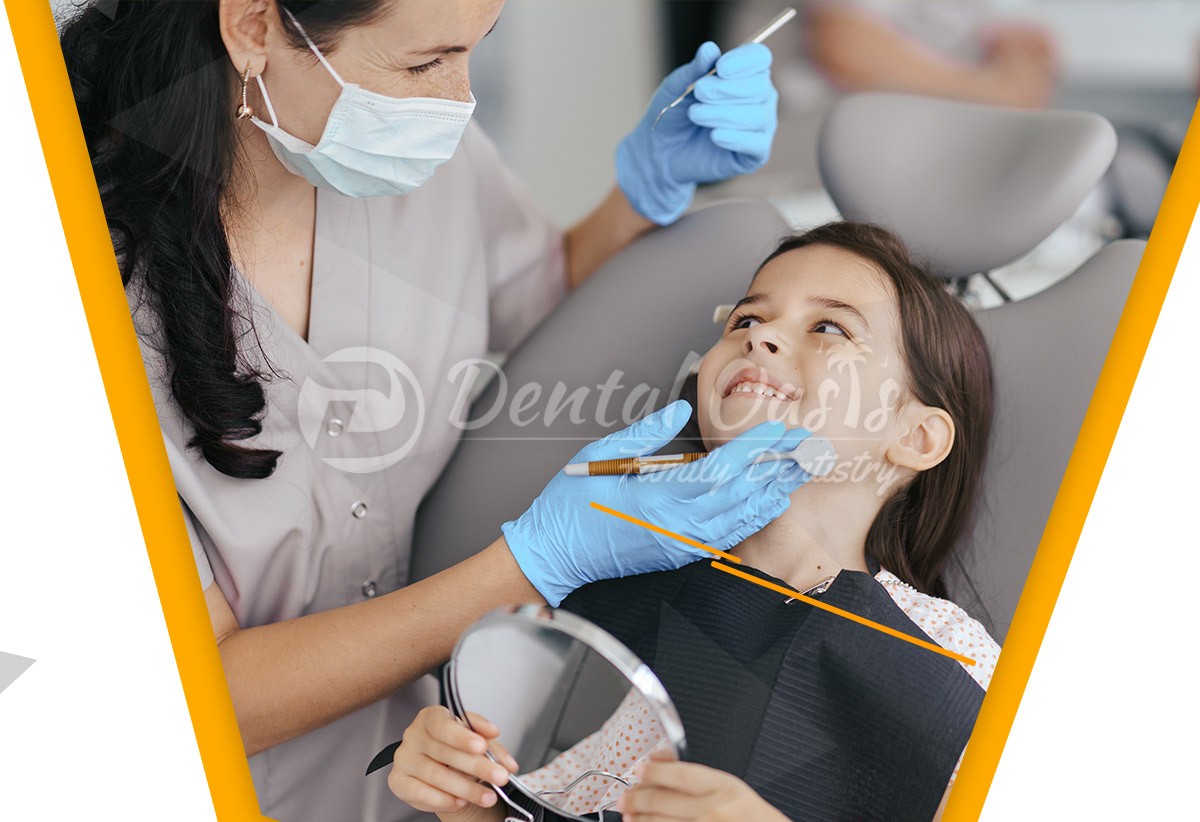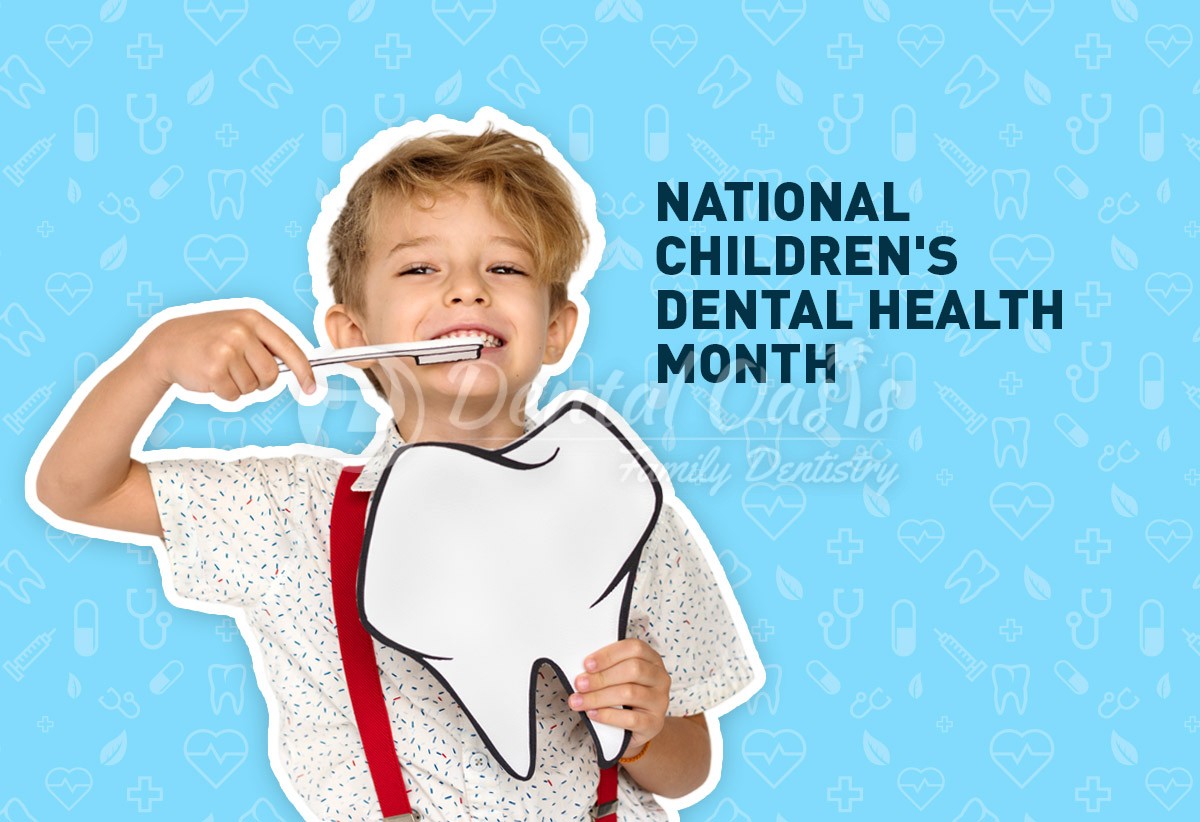Baby root canal: Procedure, Dangers, Recovery & Cost

Odds are that if you child has been advised a root canal treatment, it has taken you by surprise & has left you worried.
Rest assured that while the focus is on prevention & keeping teeth healthy, there could be occasions where the tooth is damaged & a root canal treatment becomes necessary.
But the child’s baby teeth will fall off anyway?
That is right, however, unless you are very close to the time that the tooth will fall away naturally, it is important to undertake a baby root canal treatment to avoid infection to spread to the jawbone. Besides baby teeth have several important roles to perform including enabling speech & eating. Primary teeth also act as guides for placement of permanent teeth. Without primary teeth in place, permanent teeth can erupt in a crooked fashion leading to other issues. It is important therefore to save the primary teeth as far as possible.
When is a Baby Root Canal Treatment Necessary?
There are several things that might necessitate a root canal treatment. These could include trauma to the tooth caused due to a fall or deep cavities that damage the pulp. Some symptoms that the child may need a root canal treatment include:
- Pain
- Tooth sensitivity
- Tooth darkening
- Bump on the gums
- Abscess
However, it is only a qualified dentist who on thoroughly examining the child’s tooth and undertaking dental X-rays can recommend whether or not a root canal treatment is necessary.
Baby Teeth Root Canal Procedure
Also referred to as Pulpotomy, it involves numbing the gums & tooth & then removing the damaged part of the Pulp Tissue. The area is then disinfected and sealed. A crown may be required to protect the tooth. The entire process should take less than 60 minutes and recovery is usually quick.
The dentist is likely to take one of three approaches based on the condition of the tooth.
Pulp Therapy
This can be used when the damage to the pulp is minimal. Here the dentist will remove the decay without touching the pulp. The use of antibiotics on the pulp will help control the infection.
Pulpotomy
This is a root canal treatment that involves partial removal of the pulp. This is followed by disinfecting the tooth and sealing it.
YOU MAY ALSO LIKE: Tooth Extraction Vs Root Canal
Pulpectomy
This is a complete root canal process where the tooth is severely infected. The entire pulp tissue is removed and the tooth is disinfected & the canals shaped. The tooth is then filled and sealed. A crown is then placed on the tooth. Typically a temporary crown is placed at the time of the treatment, which is later replaced by a permanent crown.
In all approaches, typical local anesthesia is given to numb the area & to keep the procedure pain-free.
While the general perception is that a root canal treatment is a very painful procedure, the fact is that modern technology has rendered it a painless process. In fact, root canal in baby tooth actually relieves the pain that the child has been experiencing. In case the child is extremely anxious, there is also the option of sedation dentistry.
Preparing a Child for a Root Canal Treatment
Depending on the child’s age, parents can prepare the child for the procedure by talking to them and allaying their fears. Telling the child that they will be given medicines to prevent pain is always helpful.
What Happens After a Root Canal?
There could be some pain after the procedure for which the child is prescribed pain medications. Ensure that the child consumes soft food such as pureed or mashed fruits & vegetables, scrambled eggs, pudding, yogurt, ice cream and more.
Ensuring good hygiene is imperative to maintain oral health. You need to therefore make sure that the child brushes & flosses their teeth as before.
Baby Root Canal Dangers
Root canal is a fairly safe treatment with low risks. It is however important that you choose an experienced dentist who makes the child comfortable & ensures that the entire infection is removed before the tooth is sealed.
Some risk factors that could sometimes surface include:
- The possibility of the cleaning fluid to enter tissues & cause infection
- The diseased tissue may not be completely removed
- The tooth may not be sealed properly, in which case germs could enter & cause infection
- Another root canal may be needed
- The tooth may need extraction
Baby Root Canal Cost
The procedure could typically cost between $80-$300. However, if sedation & crown is required the cost could increase to $750-$3400 per tooth. Your dentist will be in the best position to give an estimate seeing the child’s bespoke condition.
To Sum Up
If your child has been advised a root canal treatment, you do not have cause to worry. All you need to do is to choose an experienced dentist and to follow the instructions given by them. In no time you will see your child flash those pearly whites again!
If you are living in Pleasanton or nearby areas and want to make your child’s teeth healthy then schedule a dental appointment with Dr. Sharda Patel. Dental oasis family dentistry provides an anxiety-free environment so your child can cooperate while dental treatment.





